 On this week’s show Beth speaks with computational biologist Justine Debelius about the role of the microbiome. We first discussed a study she was involved in recently that identified how changes in colon cancer tumors can affect survival. Then, she described a large collaborative project she is currently working on to identify factors influencing the development of the microbiome in children and how that affects them later in life.
On this week’s show Beth speaks with computational biologist Justine Debelius about the role of the microbiome. We first discussed a study she was involved in recently that identified how changes in colon cancer tumors can affect survival. Then, she described a large collaborative project she is currently working on to identify factors influencing the development of the microbiome in children and how that affects them later in life.
Executive Producer: Susan Moran
Show Producer: Beth Bennett
Additional Contributions: Susan Moran & Joel Parker
Listen to the show:
Podcast: Play in new window | Download (Duration: 26:38 — 21.9MB)
Subscribe: RSS



 The Power of Poop (start time: 5:41) This potent
The Power of Poop (start time: 5:41) This potent  Today on how on earth, Beth talks to
Today on how on earth, Beth talks to 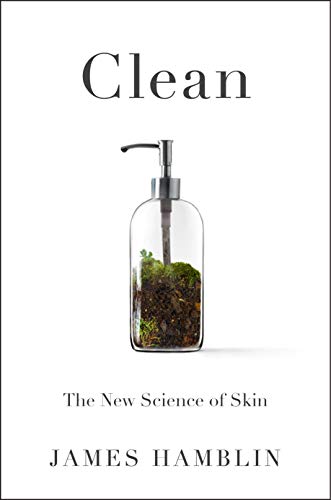
 How clean is “clean”? How do you get clean, and how important is it…could it actually be advantageous to your skin and general health to not try to get too clean? We talk with medical doctor and author
How clean is “clean”? How do you get clean, and how important is it…could it actually be advantageous to your skin and general health to not try to get too clean? We talk with medical doctor and author 
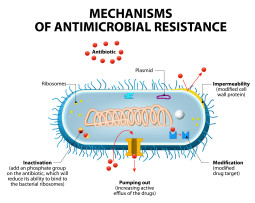
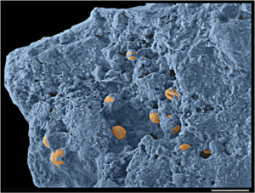
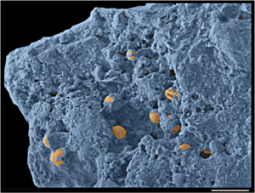 Microbial communities are all around us: in our homes, gardens, oceans, even deep underground but their roles in the function of the biosphere are poorly understood. Today Beth spoke with Professor
Microbial communities are all around us: in our homes, gardens, oceans, even deep underground but their roles in the function of the biosphere are poorly understood. Today Beth spoke with Professor 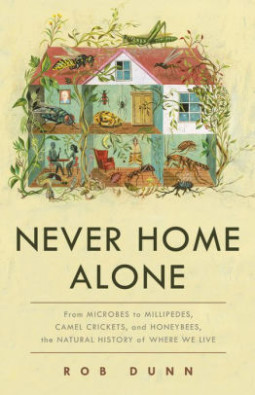
 Never Home Alone (starts at 4:26) In this week’s How on Earth, Beth interviews Professor Rob Dunn. In his recent book, Never Home Alone, he gives a sneak peak into the natural history of the wilderness in our homes, from the microbes in our showers to the crickets in our basements. You can find out more about
Never Home Alone (starts at 4:26) In this week’s How on Earth, Beth interviews Professor Rob Dunn. In his recent book, Never Home Alone, he gives a sneak peak into the natural history of the wilderness in our homes, from the microbes in our showers to the crickets in our basements. You can find out more about 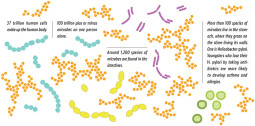
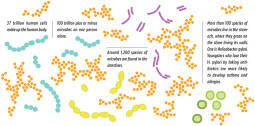 This week on How on Earth, Beth interviews Dr Martin Blaser of New York University who challenges the assumption that antibiotics are harmless drugs targeting only harmful pathogens. In his recent book, Missing Microbes, Blaser presents the evidence that antibiotics are causing the extinction of important bacteria in our microbiome. These microbes have co-evolved with us, so losing them puts us at risk of many of the rising diseases of our society: asthma, allergies, eczema and obesity. Check out his book:
This week on How on Earth, Beth interviews Dr Martin Blaser of New York University who challenges the assumption that antibiotics are harmless drugs targeting only harmful pathogens. In his recent book, Missing Microbes, Blaser presents the evidence that antibiotics are causing the extinction of important bacteria in our microbiome. These microbes have co-evolved with us, so losing them puts us at risk of many of the rising diseases of our society: asthma, allergies, eczema and obesity. Check out his book: 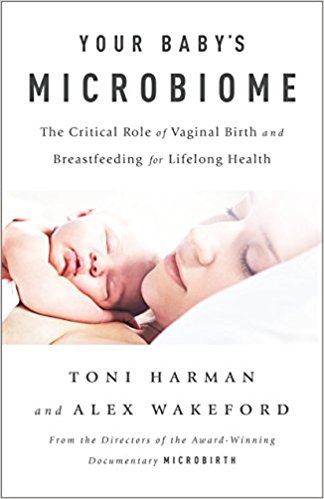
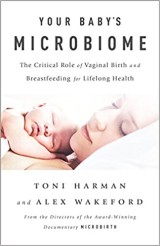 Your Baby’s Microbiome (start time 6:13): This week on How on Earth Beth Bennett interviews Toni Harmon, author of
Your Baby’s Microbiome (start time 6:13): This week on How on Earth Beth Bennett interviews Toni Harmon, author of 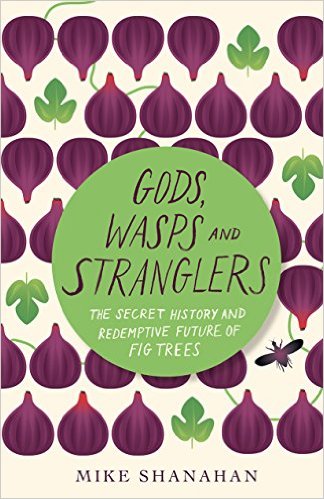
 Today’s feature has How on Earth’s Beth Bennett talking with Dr. Mike Shanahan, a biologist who has a degree in rainforest ecology. He has lived in a national park in Borneo, bred endangered penguins, and investigated illegal bear farms. His writing has appeared in
Today’s feature has How on Earth’s Beth Bennett talking with Dr. Mike Shanahan, a biologist who has a degree in rainforest ecology. He has lived in a national park in Borneo, bred endangered penguins, and investigated illegal bear farms. His writing has appeared in